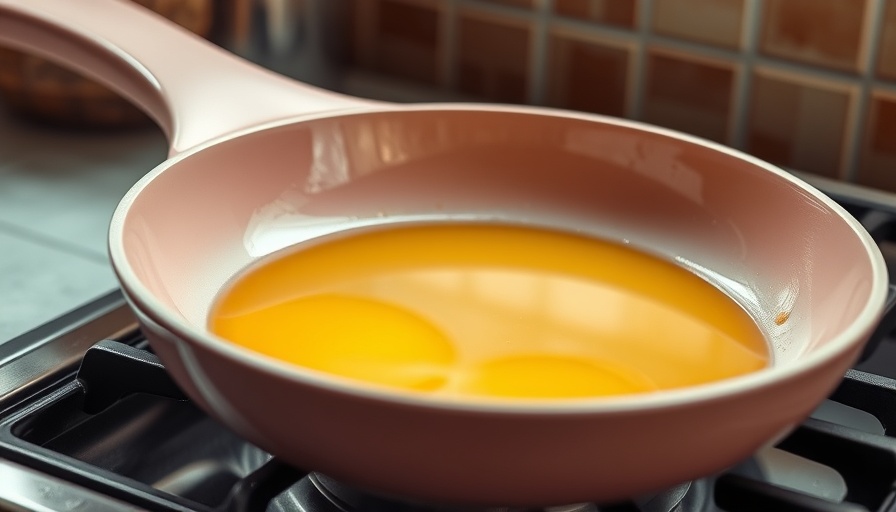
Why Disposing of Cooking Oil Correctly Matters
The disposal of cooking oil is more than just a mundane household chore; it plays a crucial role in protecting both our homes and the environment. Pouring oil down the drain, even in small amounts, can lead to severe plumbing issues. According to cooking oil recycler Jorge Argota, when cooking oil clogs pipes, it acts similarly to cholesterol, creating a thick residue that can trap debris and lead to unexpected and costly plumbing emergencies. Moreover, municipalities spend millions cleaning and maintaining sewer systems affected by improperly disposed waste.
Understand Local Regulations on Oil Disposal
In many regions, local municipalities have established stringent regulations regarding the disposal of fats, oils, and grease—collectively known as FOG. These ordinances address the detrimental impact of oil on community sewer systems, necessitating safe practices for households and businesses alike. To discover your area’s specific regulations, utilize online resources targeting your city in conjunction with terms like 'FOG,' or reach out to local public works departments.
Easy Steps to Dispose of Cooking Oil Safely
Disposing of cooking oil does not have to be a complicated process. Follow these straightforward rules established by experts:
- Small Amounts: For small quantities (e.g., less than half a cup), let the oil cool and absorb it with a paper towel before discarding it in the trash. To minimize any mess, consider combining the oil with baking powder, kitty litter, or a similar solidifying agent.
- Medium Quantities: If you're dealing with a pint or two, transfer the cooled oil to a sealed container like a milk carton or a glass jar before tossing it in the trash. If it’s still clean, you can even reuse your oil after straining it.
- Larger Volumes: For significant amounts, such as from frying a turkey, strain the oil back into its original container or another durable vessel. Look for nearby cooking oil recycling facilities or hazardous waste centers for proper disposal.
Finding Local Disposal Resources
Looking for disposal locations can be effortless. Utilize resources like Earth911's cooking oil recycler locator to find registered drop-off sites in your vicinity, or perform a quick internet search with the term "cooking oil disposal near me." In many locations, private collection companies also specialize in picking up and recycling used cooking oil. Local public works or solid waste department websites may offer additional drop-off information, especially during the holidays when special collection events are often held.
Leveraging Community Efforts for Sustainable Practices
Take a cue from places like Outagamie County, Wisconsin, where residents can drop off up to 25 gallons of cooking oil at a designated Resource Recovery Park. Many communities provide these facilities to encourage responsible disposal habits and to foster a culture of sustainability among their residents.
Creative Reuses for Old Cooking Oil
Before you rush to get rid of your cooking oil, consider its potential second life! While safety should always be your priority, used oil—when filtered correctly—can be repurposed in various ways. For instance, some households use it as a lubricant for squeaky hinges or even to condition wood furniture. Just ensure the oil is clean enough for these applications.
In summary, disposing of cooking oil properly is essential for both household plumbing and environmental health. By educating yourself on local regulations and taking the necessary steps for safe disposal, you can contribute to a cleaner, more sustainable community.
Thinking green isn't just about food choices; it's about maintaining a responsible lifestyle that helps preserve our planet. Join your neighbors and explore the options available for cooking oil disposal today!
 Add Row
Add Row  Add
Add 



Write A Comment